Criminal proceedings reach “favorable termination” when they end without conviction
SCOTUSBlog
APRIL 4, 2022
This constitutional claim is analogous to the tort of malicious prosecution, as the gravamen of both is initiation of criminal charges without probable cause. The elements of the constitutional claim match those of the tort. Alito’s dissent.

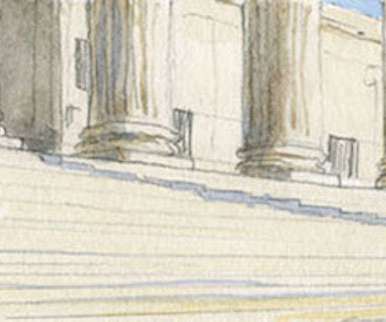
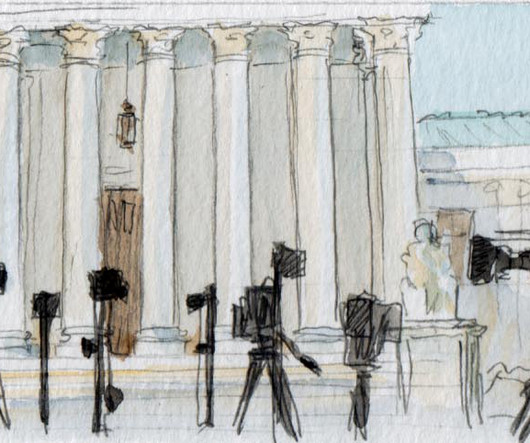
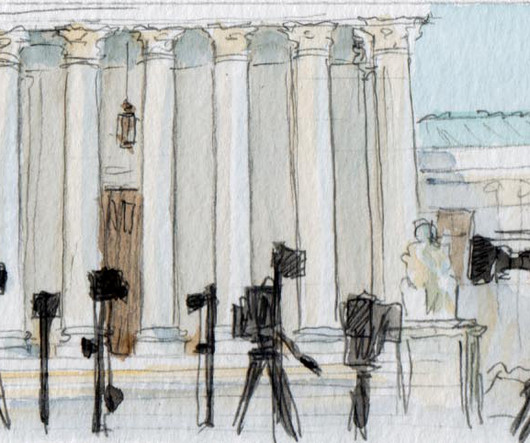
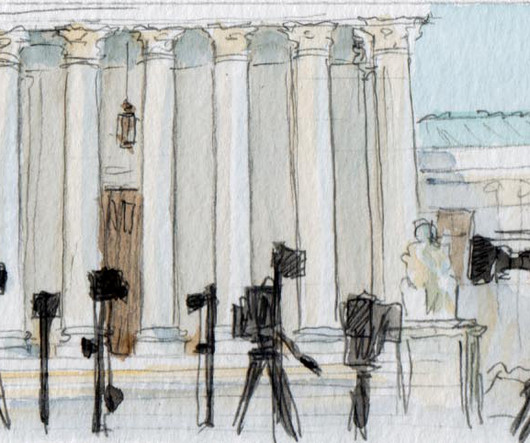



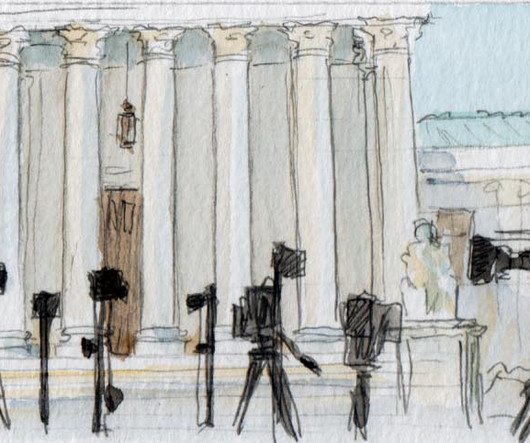



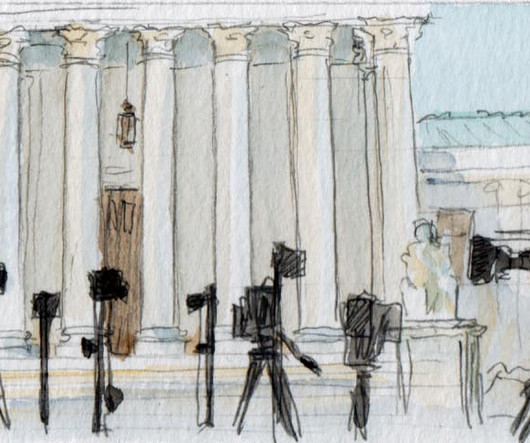










Let's personalize your content